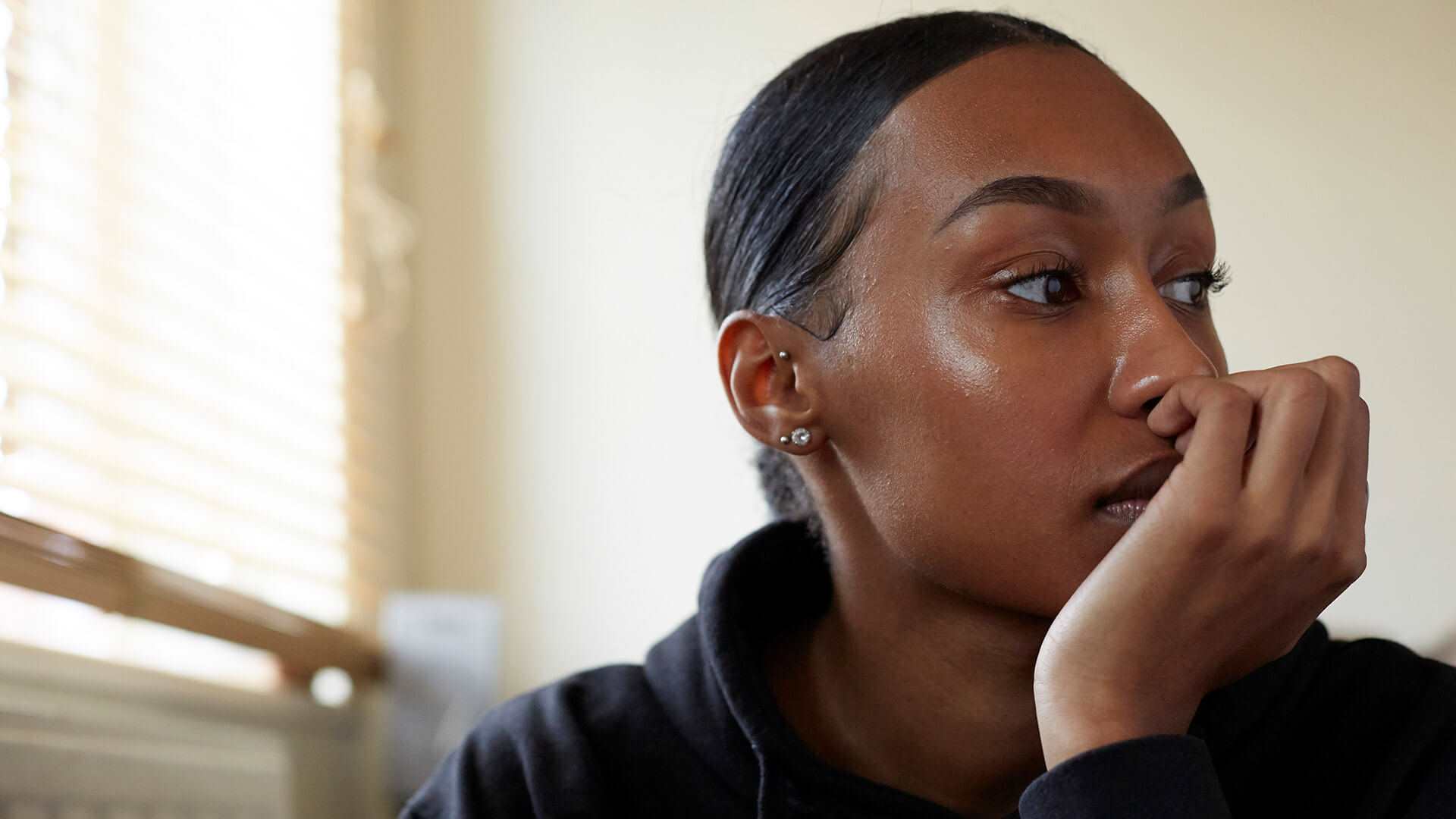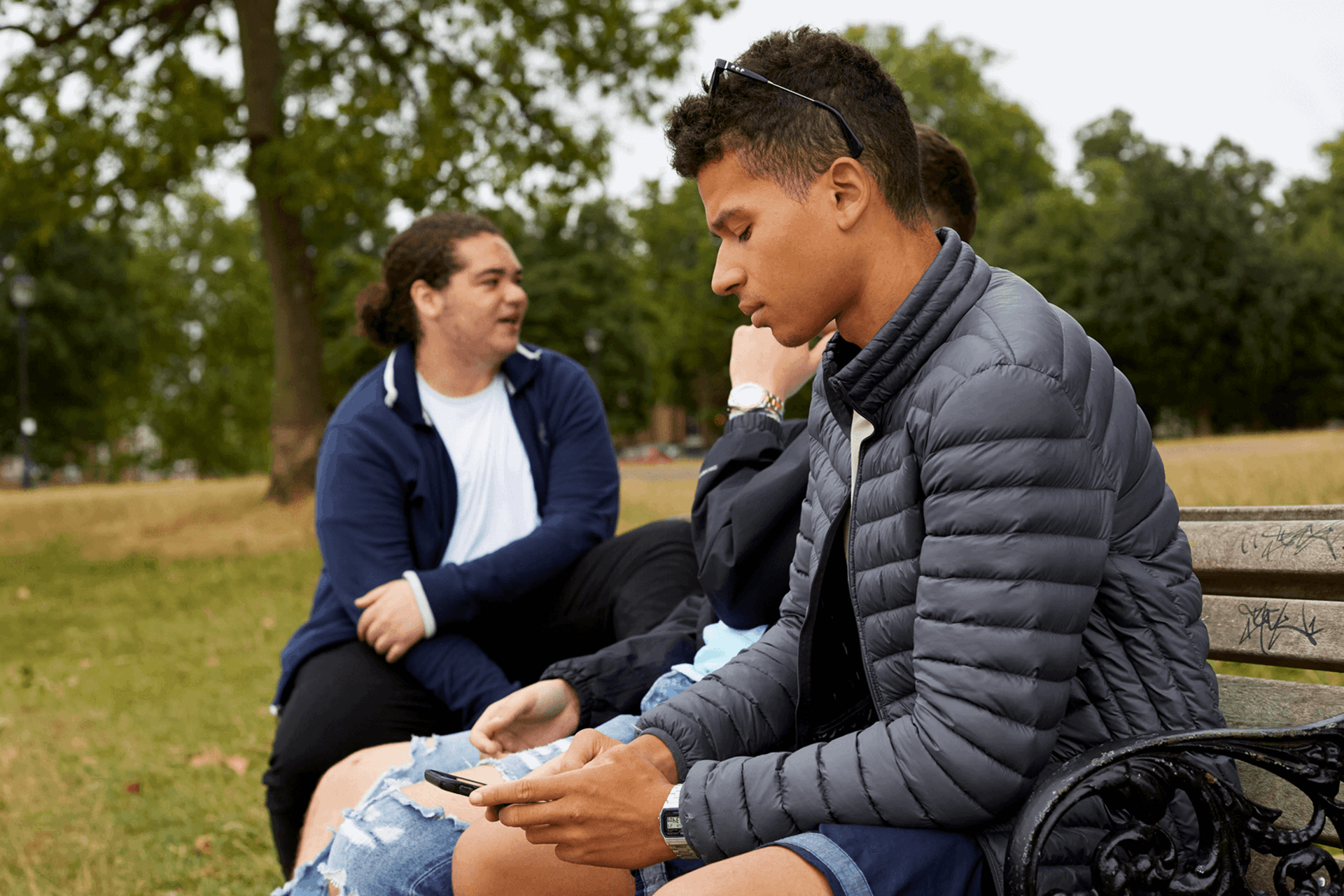Sleep problems and your mental health
-
Sleep problems and mental health can affect each other in a cycle.
Sleep is one of the foundations of good mental and physical health – so if you’re not sleeping well, it can be really hard to feel your best. You might feel more anxious, low, or irritable. It can also make it harder to concentrate, make decisions, or keep up with everyday tasks at school, work, or home.
At the same time, mental health problems can make it harder to sleep. Anxiety or stress can make it difficult to fall asleep, depression can cause you to sleep too much or too little, and conditions like mania, psychosis, or PTSD can disrupt your sleep in different ways. The more you worry about sleep, the harder it can be to get a good night’s rest.
This can create a cycle where poor sleep and mental health problems feed into each other. But understanding how they influence each other is the first step to feeling better. There are lots of places to get help and ways to improve both.







